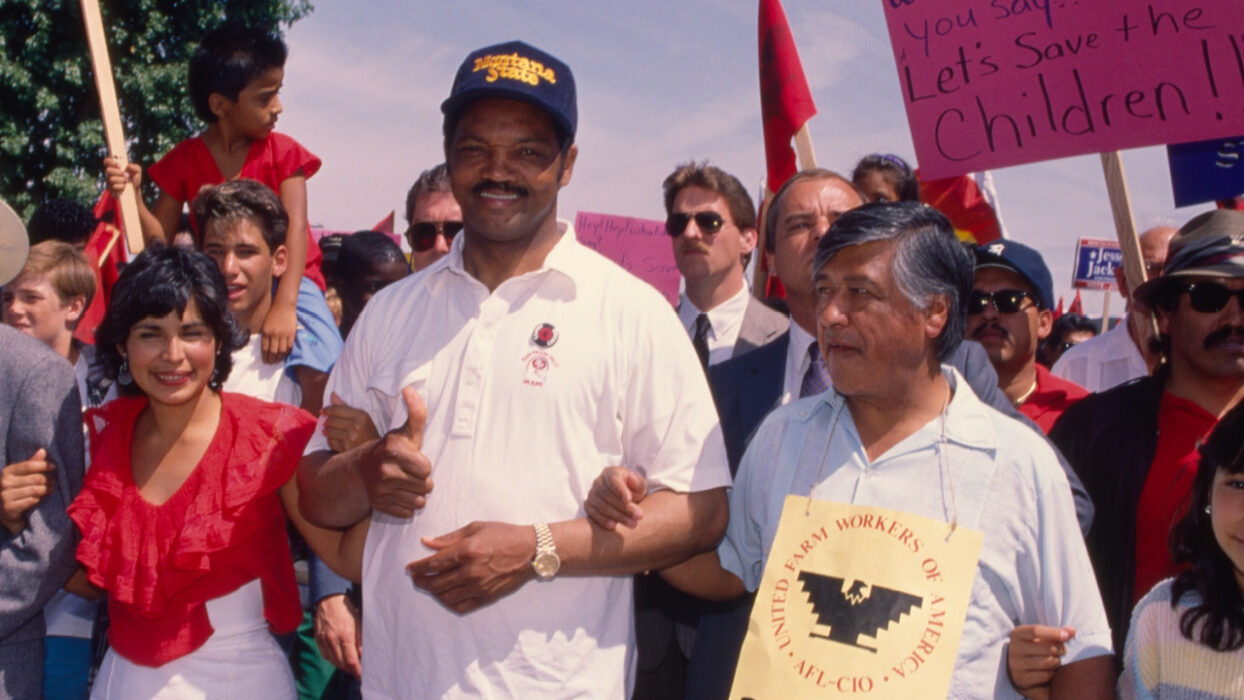
These Mayan Women Are Reclaiming Their Heritage And Designing The Coolest Products Ever
Much has been said about the vulnerable position that indigenous populations in general, and indigenous women in particular, are in when it comes to protecting the intellectual property derived from their traditional designs. However, Mayan women are strong and creative.
The Mexican Congress recently passed a law through which companies that steal designs from indigenous communities will be subject to hefty fines. The culprits are generally big international brands such as Zara and Carolina Herrera, which should know better when it comes to presenting designs as their own when they are clearly very “heavily inspired” by the work of craftspeople who earn a small fraction of what they should, only to see their designs being sold in hundreds and even thousands of dollars.
So it comes as a welcome surprise to find out some indigenous Mayan women have gotten together to profit from their millenary wisdom and dexterous hands to launch a startup that promises to become a way of living for many of them.
An entrepreneur, una jefa de jefas, named Nancy Zavala launched a small company, Zavy, that employs Mayan women.

The company’s mission is to help women achieve financial independence through their work. Zavala knows that the key in a small company is specialization and they have focused on a particular product: camera straps. So far 20 women have joined Zavy. As Zavala told El Universal, these women feel a sense of accomplishment as their children see them work and their husbands, who previously “did not allow them” to do so, now also want to help. Women from other Mayan communities have approached Zavala, wanting to join in.
This is a great step for many Mayan women who not only live in an environment with very clearly and strictly demarcated gender roles, but are also part of an indigenous group in Mexico that has historically been discriminated against. Zavala put her heart, soul and money in this enterprise: the first straps were produced entirely with her savings.
Their camera straps are garnering attention among semi professional and professional circles.

The craftswomen receive 50% of the profits and the rest is reinvested in the company to buy materials and strengthen their web presence. They have been able to sell to Mexico. the United States and some Latin American countries. These camera straps are seriously cool and we can see any professional photojournalist use them…. Pero por supuesto.
We did a search on Etsy and found that plenty of pages not run my Mayans are selling “Mayan camera straps.” They either copy the design or “repurpose” other artefacts such as belts or clothing with traditional Mayan embroidery. This is like adding insult to injury: they are reselling objects that took hours for someone to make and sell for a fraction of what these repurposed straps sell on Etsy. This is why initiatives such as Zavala’s are so important.
Nancy founded Zavy to honor her Mayan heritage.

Nancy was born in the small community of Saye and she grew up watching her grandmother make blouses, shirts and other products in the traditional Mayan style. But she knew that in order to achieve financial independence she had to study. And so she went to university and became one of the members of the 1% of indigenous Mexicans who finish a graduate degree. She got a Bachelors in Project Development, a huge achievement in and of itself. But her journey did not end there and she wanted to inspire other women and get them to be independent as well. And so Zavy was born.
Nancy is 28 years old now and she is doing her Master’s degree in Merida, the capital of her home state of Yucatan. We are sure she will keep using her knowledge to empower indigenous women.
And Zany is just one among other initiatives that aim to help Mayan communities.

With some classmates, Nancy established a foundation that helps communities develop through applying their traditional knowledge into businesses. In addition to Zany, Nancy and her friends helped Mayan communities establish Biozano, a company that produces natural, organic makeup.
Some of the women had to drastically change their careers due to unfortunate accidents.

Such is the case of Cecilia Dzul Tuyb, who used to be a police officer before a car crash prevented her from walking for several months. She was risking depression but found solace in traditional knitting. She was contacted by Nancy Zavala and the rest, as they say, is history: Cecilia has found a community of fellow women who do not want to depend economically on anyone else and who value their independence.




